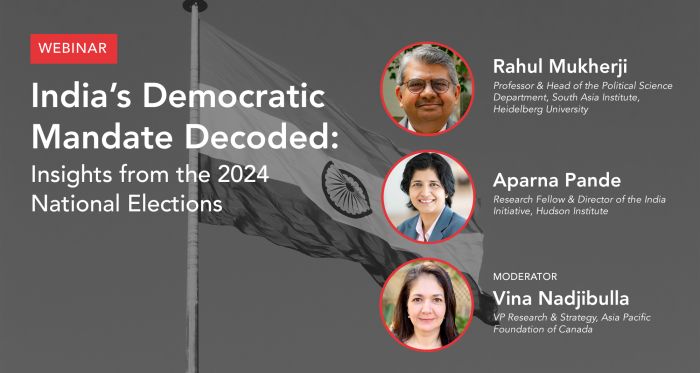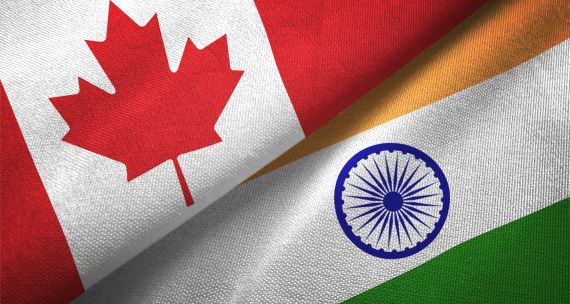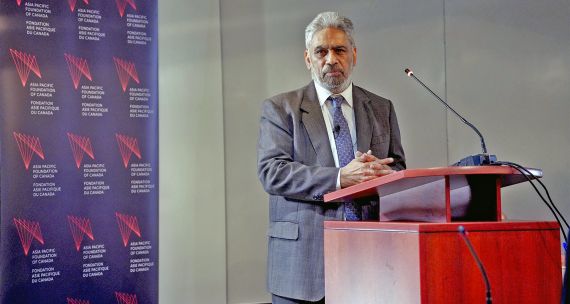The Asia Pacific Foundation of Canada convened a virtual panel on June 17, 2024, to discuss how Indian Prime Minister Narendra Modi's diminished victory in the country's recent national elections will shape India’s trajectory as a rising power. Below is a summary and encore video presentation of APF Canada's event.
Event Overview
Indian Prime Minister Narendra Modi has won a historic third consecutive term in office, but his ruling Bharatiya Janata Party (BJP) has won only 240 seats, well short of a majority in the 543-member Lok Sabha, India’s lower house of parliament. The election outcome reflects how “resilient” democracies apply “self-correction mechanisms” to preclude an over-concentration of power, but also presents Modi with the challenge of how to run a coalition government, a first for him in his long political career as chief minister of the state of Gujarat (2001-2014), and as prime minister with a BJP majority (2014-2024).
For the moment, the BJP has been accommodating its coalition partners in the allocation of ministerial roles, though there appears to be plenty of continuity (at least in terms of personnel) in the recently sworn-in cabinet, especially in key portfolios such as External Affairs, Defence, Home Affairs, and Finance, which remain with the BJP.
However, the litmus test for Modi 3.0 will lie in forging a political consensus on critical policy issues. The BJP’s allies in government – especially parties that do not share its ideological commitment to Hindu nationalism – may seek to temper the BJP’s ‘Hindutva’ agenda. The election results suggest that despite India’s high growth rates and its rise as a major economic power, pocketbook issues such as unemployment and inflation were top of mind for many voters. Furthermore, the country, striving to become the world’s third-largest economy by 2027, will need to implement crucial economic reforms. The pace of these reforms, however, could be slowed, especially with a return to coalition politics, although in the past coalition governments managed to push through major reforms. In its previous two terms, the Modi government, notwithstanding its decisive mandates, has had a tough time embracing big-ticket reforms, especially in the farm sector and the labour market.
Although domestic issues of coalition management may keep the government on its toes, continuity in foreign policy could remain relatively immune to such challenges. India will remain a potential bulwark to China amid escalating geopolitical rivalries and may continue to find itself in a strategic “sweet spot,” pulling New Delhi closer to the West despite occasional disagreements over human rights issues and the fact that India’s long-standing friendship with Russia remains steadfast. While India’s ‘grand strategy’ will be driven by the goals of advancing its geopolitical stature and maintaining its strategic autonomy, New Delhi will be preoccupied with challenges in its primary strategic theatre – its immediate neighbourhood – especially vis-à-vis China, which remains its largest trading partner as well as most formidable adversary in the region.
Encore Video Presentation
Webinar Presenters
Dr. Aparna Pande, Research Fellow & Director of the India Initiative, Hudson Institute
Dr. Rahul Mukherji, Professor & Head of the Political Science Department, South Asia Institute, Heidelberg University
Ms. Vina Nadjibulla, Vice-President, Research & Strategy, Asia Pacific Foundation of Canada (Moderator)




